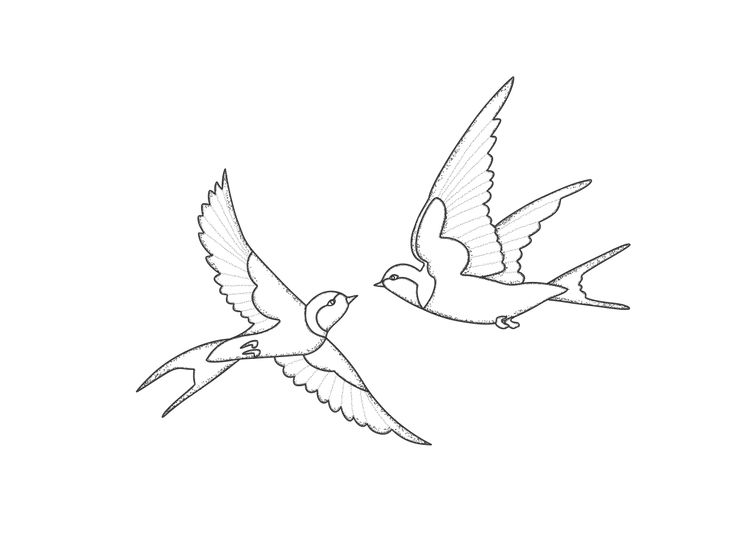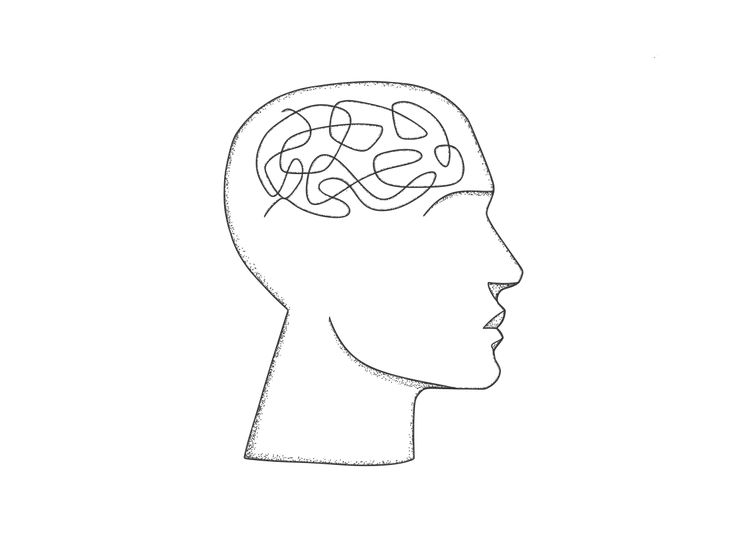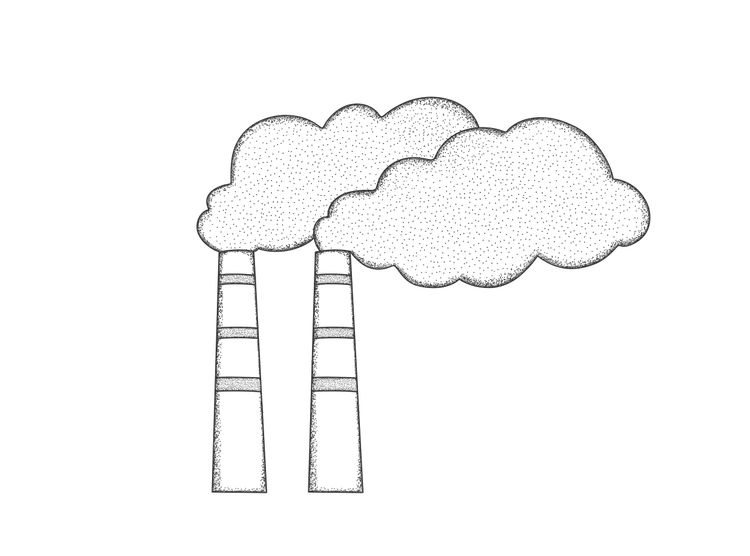Silence

For Mike.
We spend our lives avoiding silence with each other, filling up the quiet with hasty speech, distracting screens and restless minds. What is it we fear might happen in the emptiness between us? In place of words, what might occupy the space instead?
The emptiness of silence can hold so much, if we allow its presence. We hold silence when we must listen to what a friend or colleague has to say. We give them time and space to find their words and tell their story. We give ourselves the time and space to understand it.
Sometimes, we must hold silence because we have harmed someone we love. We must listen to their hurt and let it take up space inside us. Sometimes we must be silent because if we spoke we might cause harm.
We hold silence when someone must be seen and felt—to bear witness to their suffering or joy. Sometimes, there is no need for words when we offer our respect and reverence for another life. Sometimes, there are no words to find. We can better listen to each others' hearts in silence. A gentle silence encourages our bashful souls to find communion in each others' presence.
It is not easy to hold silence. It can seem awkward or ungainly, at least at first. Our minds can fill the emptiness with doubts and insecurities. We must learn how to be comfortable in silence, starting with ourselves, alone. As we become more practiced, silence brings us closer to the sacred—in ourselves, in others, in the world.
If I could give one bit of fatherly advice to my 37 year old self, newly minted as a corporate executive, it would be this: try speaking less. Actually, try speaking a LOT less, Ben! How else do you imagine you are going to learn anything?
What was the idea I had about leadership back then? I am not sure I had even sat down with myself and thought much about it. I did not get any training or support— at least, not until my boss saw how awful I was at it and hired me a coach. It seems bizarre now as I write it down. As leaders, we have a duty of care for the lives of others. Like so many first-time managers, I was just thrown into it.
If I had to guess at where my ideas about leadership had come from, I might offer that I had absorbed them in an unexamined sort of way from my surroundings, and from the culture—from politicians, from titans of industry, from actors playing them in movies, from confident and self-important showboats making lofty speeches packed with crisp direction and clear answers to the world's problems.
Perhaps alongside the awards for writing, speaking and debating, our schools and universities should also give out prizes for listening, understanding and holding the most productive or profound silence.
It is often a devastating question to ask oneself, but it is sometimes important to ask it—'in saying what I have in mind will I really improve on the silence?'
From The Servant as Leader by Robert Greenleaf.
Different cultures have different degrees of tolerance for silence. Americans are highly intolerant of silence, writes Kate Murphy in You're Not Listening: What You're Missing and Why it Matters. In Finland, on the other hand, it is considered impolite to jump into a conversation too quickly after someone finishes a thought, much less to interrupt them. Some studies have found that Japanese business people tolerate silences that last nearly twice as long as American silences (8.2 seconds versus 4.6 seconds). Some have speculated this gives the Japanese an edge in trade and business negotiations, as Americans blurt out more than they want to offer to fill the uncomfortable void.
If you are uncomfortable with silence, practice holding it. Find a colleague or friend. Set a timer for two minutes, look into each others' eyes and hold silence together. Start by bringing your attention to yourself. How does it feel? What thoughts are you having? Notice them without judgment and let them go. Next, move the focus of your attention to your partner. What might be going on over there? What might they be thinking, or feeling? Note anything that might occur to you, and let it go.
Finally, bring your attention to the space between the two of you. Allow that space to enclose your partner's presence, and your own. What is the quality of this space? What hangs in the air between the two of you? How is it changing as the silence deepens? Afterwards, compare notes with each other. What thoughts and feelings did you share? What was different about your experiences?
Our daily lives offer many opportunities to practice holding silence. Try adding small silences to conversations with colleagues, friends and family. Pause before you speak, answer or interject, and see what happens.
In A Hidden Wholeness, Parker Palmer notes the distinction between two kinds of silence.
We can be silent "at" people—as when we give someone "the silent treatment" to convey our disdain or keep a coward's silence when we see injustice inflicted on others. Silence of this sort destroys community and may even make us conspirators with evil.
Or we can be silent "with" people, as in the kind of silence that surrounds reflection, contemplation, and prayer. Silence of this sort...is yet another form of human communion. Compassionate silence can help us connect with each other, to touch and be touched by truths that evade all words.
The soul loves silence because it is shy, he writes, "and silence helps it feel safe."
Why does the soul love silence? The deepest answer I know invokes the mystery of where we came from and where we are headed. At birth, we emerged from the Great Silence into a world that constrains the soul; at death, we return to the Great Silence where the soul is once again free.
I have come to deeply appreciate and respect the silences we hold with each other during my weekly visit to our local Zen Buddhist monastery. After walking meditation and sitting meditation, we talk. Someone reads something, or offers a thought or question. Others offer their words when thoughts or feelings come to them. Our wonderful monk Thay Tinh Man holds such a peaceful, gentle, safe silence for us. It seems to encourage us all to give each other the space our shy souls need to come out of their secret hiding places and reveal themselves.
Each week I explore a life metaphor that has touched me in my coaching. Subscribe to get my scribblings every Sunday morning. You can also follow me on Medium, or on LinkedIn. Feel free to forward this to a friend, colleague, or loved one, or anyone you think might benefit from reading it.





